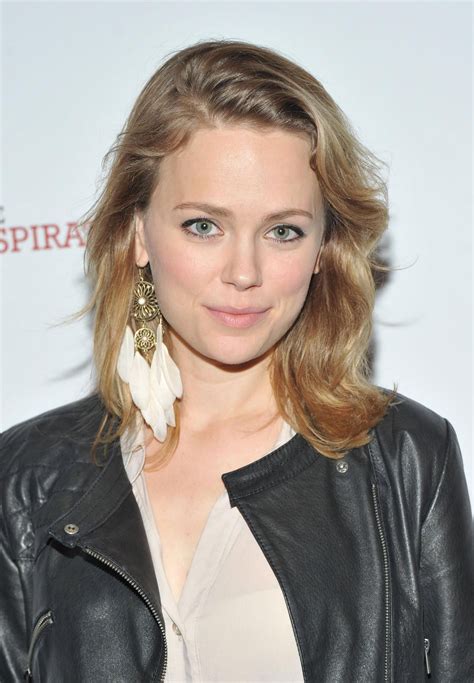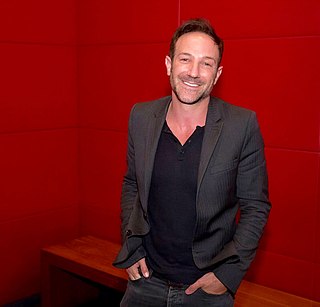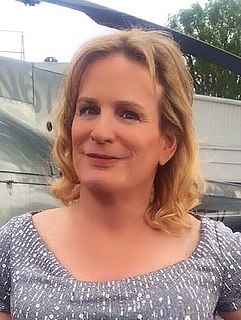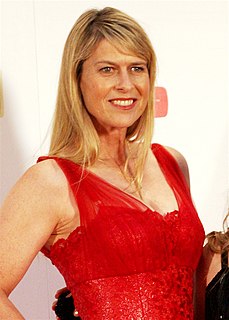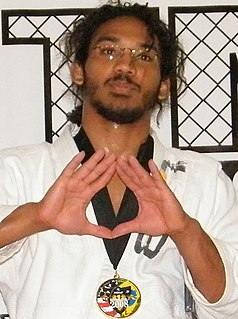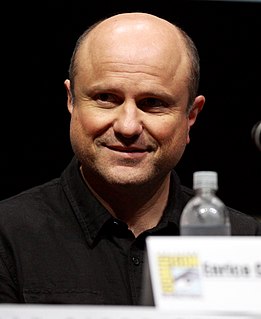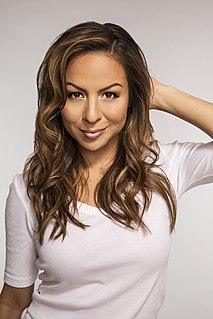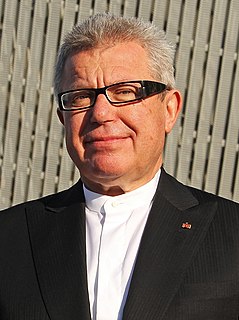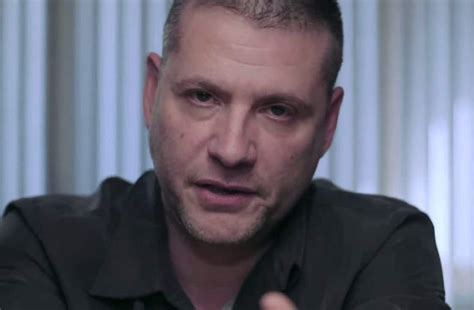A Quote by Katia Winter
I remember thinking about how fun it would be to be a reporter. I had a dream, when I was little, to become a police officer and a crime investigator. It depends on what kind of stories you're reporting, but it's very similar. You're finding out the truth.
Related Quotes
Let's say you are driving in the U.K., and you are pulled over by the police for speeding, and you try to bribe the police officer with £300 to walk away. I guarantee you that at least 99 times out of 100 you are going end up in handcuffs, and you will be charged with the crime of trying to bribe a police officer.
This is going to sound ridiculous, but I remember watching 'Boyz n the Hood,' and there is a scene where Cuba Gooding, Jr. gets pressed against a car by a police officer, and he starts crying because it's so humiliating. I remember thinking in that moment that I could totally identify with him, and I'm a little white kid from Canada.
Having that little bit of breathing room to work, and not feeling like it's going to fall apart at any second, has allowed me to recover the feeling I had when I was a little kid, when I was writing stories for fun or drawing pictures for my parents to put on their refrigerator. It was about playing and doing something fun, and kind of making your own little world. And that's how art should feel for me, and how having a little bit more distance between my ass and the ground has helped me.
The truth is, the way you write music, it's a code. It has to be very precise. It's scientific, but ultimately it also depends on interpretation. It's very similar to how you grow a master plan: it's an objective document, but at the same time it is a lyrical document which allows through interpretation to become a harmonious work of art.
They [NYPD] tell you how you can act and what you can do your whole entire life. But they always stayed out of it. I did a little here and there for the police department as far as a crime scene that might have occult overtones - they would call me and I'd look into it. But it was usually minor little things.
Charles Graner is certainly guilty of terrible misjudgment. There's always a double standard. Everyone was happy to go to Graner's trial and write stories about how bad he is. And he is. But every time he tried to get an officer to testify, the officer either would invoke the Fifth Amendment or the judge would refuse to allow him to testify. We really didn't air out the issues.
